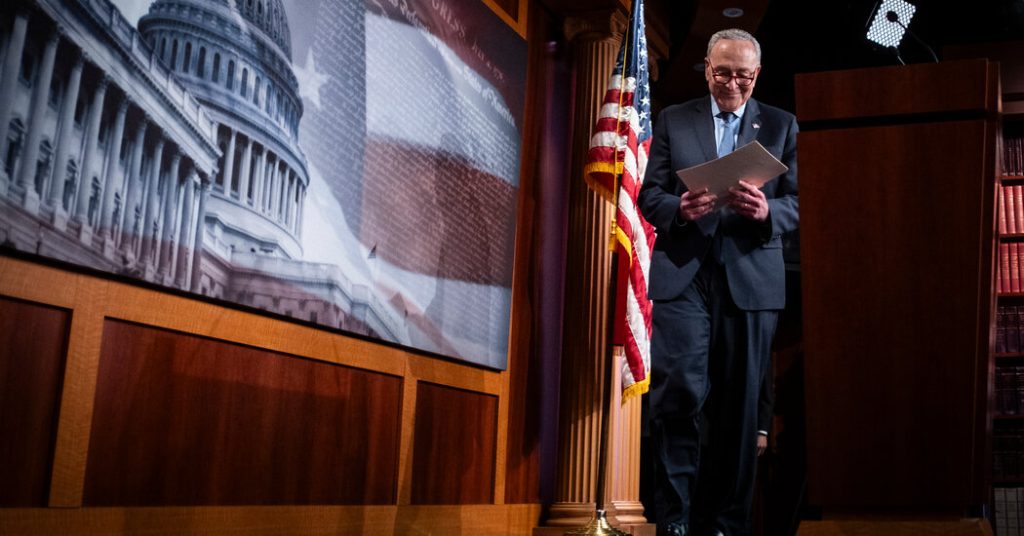The Senate recently approved an extension of a warrantless surveillance law known as Section 702 of the Foreign Intelligence Surveillance Act (FISA). The bill had expired over the weekend but was renewed for two years after hours of negotiation and a flurry of votes that rejected proposed revisions. The Senate voted 60 to 34 to approve the extension, with Democratic majority leader Chuck Schumer emphasizing the importance of the law for national security efforts. Attorney General Merrick B. Garland praised the bill’s passage, highlighting its importance in protecting Americans from various threats like terrorism and cyberattacks.
Privacy-minded lawmakers proposed several amendments to the bill ahead of its final passage, but these were swiftly rejected to avoid a lapse in the law. The White House had warned senators of potential gaps in surveillance collection if the bill was not passed before the deadline. Despite Senator Rand Paul’s calls for debate on changes, the bill ultimately received the votes needed for passage just before midnight. One defeated amendment would have required the government to obtain a warrant before accessing Americans’ communications collected under the program, a measure advocated by privacy advocates.
The Section 702 law allows the government to collect the messages of foreigners targeted for intelligence or counterterrorism purposes, even when communicating with Americans, without a warrant. Civil libertarians and some hard-right Republicans have raised privacy concerns about the impact of the law on Americans. The law originated from a warrantless wiretapping program created by President George W. Bush after the 9/11 attacks, which was later legalized by Congress through various iterations of the law. Critics argue that the law violates Americans’ privacy rights and has led to abuses such as improper searches by intelligence analysts.
Debate surrounding the renewal of the law has focused on the ability of intelligence analysts and FBI agents to search the raw database of Section 702 intercepts for Americans’ information without a warrant. Concerns have been raised about how queries are conducted and the potential misuse of collected data. The bill reauthorizing Section 702 includes restrictions on searches and queries to ensure compliance with privacy safeguards. Efforts to renew the law faced setbacks in Congress, particularly within the House, with last-minute negotiations and gamesmanship leading to its eventual approval.
The House and Senate worked through several obstacles to extend the warrantless surveillance law, including opposition from hard-right Republicans and concerns about protecting civil liberties. The bill’s passage was met with frustration from privacy advocates and critics who argue that the law infringes on Americans’ rights. Despite efforts to include amendments that would enhance privacy protections, these were rejected to avoid a lapse in the law’s authorization. The contentious debate surrounding the renewal of Section 702 underscores the ongoing tension between national security interests and privacy concerns in the modern era of surveillance technology.













